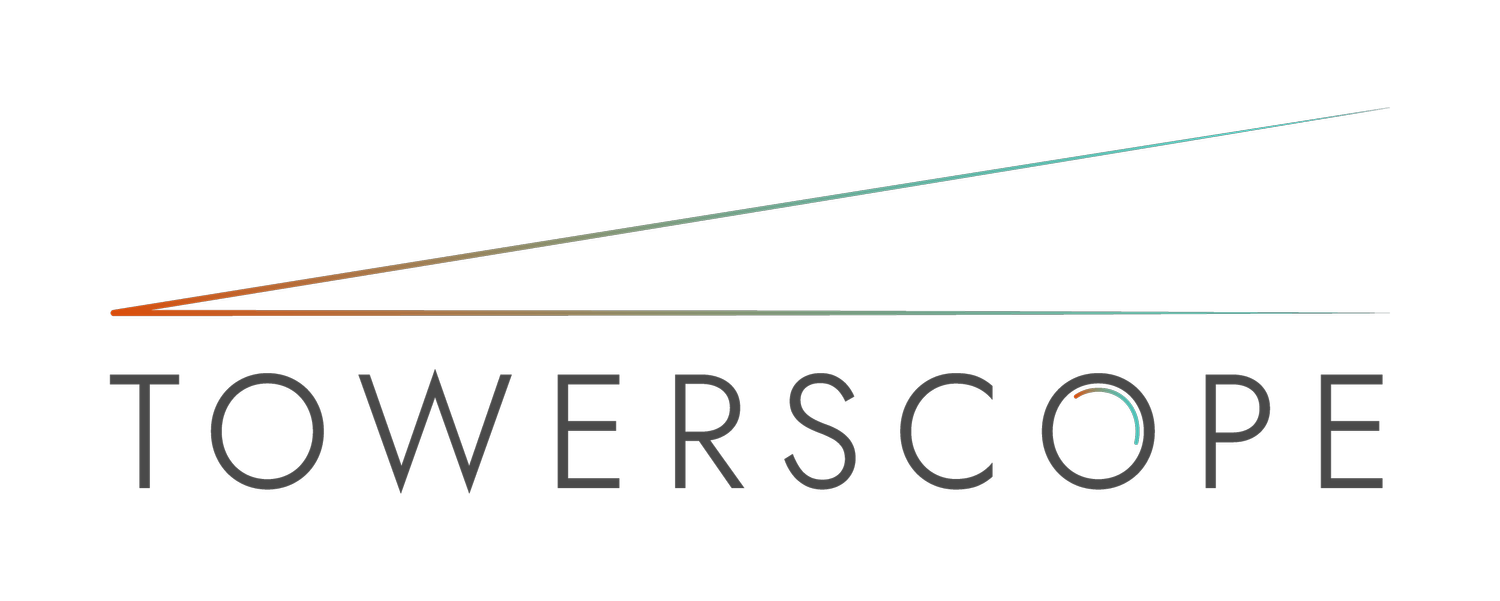Have you ever found it difficult to give someone feedback about a problem that might be a little sensitive or that you weren’t sure would be received well?
Sure, we all have. Unfortunately, the typical techniques, such as the “compliment sandwich,” come off so mechanical or overused that they end up at best awkward and at worst backfiring.
The best supervisors learn ways to provide feedback that is genuine, natural and — most importantly — effective.
If you are new to supervising others or have been supervising for a while but haven’t figured out how to provide feedback in a way that is meaningful, productive and well-received, this post is for you.
A model for feedback
First, I’d like to start with a few analogies. You may be familiar with the Greek mythological story of Icarus: He was told he would be successful as long as he did not fly too close to the sun or the water. Unfortunately, his hubris got the better of him and he flew so high, the sun melted his wings, causing him to fall to his death in the water below.
Now think about the Chinese philosophy of the yin and yang: the idea that many seemingly contrary forces may actually be complementary and may give rise to each other. One is just the inverse of the other.
When I used to paint, I learned that the darkest part of the edge of a shadow is also the brightest part of the other side of the light.
In my previous career as a school counselor, I heard a wonderfully insightful police officer put very scary situations into context this way: “Sometimes the lowest and darkest times can turn out to be your ‘dark angel’ – the turning point that helps you learn from a bad experience.”
These concepts are also used in the most recent “third wave” generation of psychotherapies that add a mindfulness-based component to traditional evidence-based cognitive-behavioral therapy. For example, in acceptance and commitment therapy (ACT), you teach patients the idea that in order to truly experience highly positive emotions, they must accept the presence of their negative emotions – one does not exist without the other.
Icarus in action
How can this concept apply to feedback with supervisees?
Read the rest of this guest blog post to find out more at Metta Solutions here.
Thank you to Dr. Sharon Hull, executive coach and founder of Metta Solutions, for inviting me to write this on her blog! Originally published January 29, 2019 at Metta Solutions.


